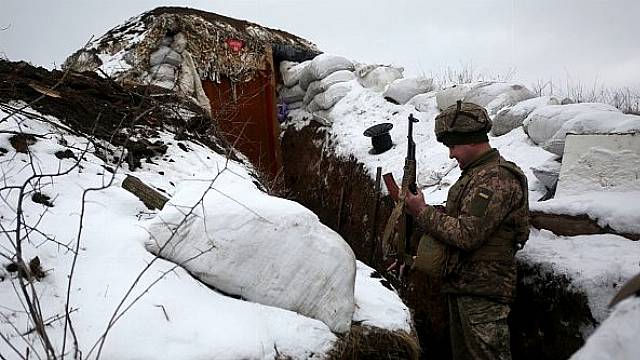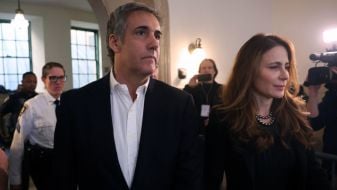An estimated 100,000 Russian troops remain stationed near the border with Ukraine, although Moscow has denied any plans to invade its ex-Soviet neighbour.
The US says Russia has offered no explanation for the troops posted close to Ukraine – and Russian troops and tanks have headed to Belarus for exercises.
Western intelligence suggests a Russian incursion or invasion could happen some time in early 2022, the BBC said.
Western countries have stepped up arms deliveries to Ukraine, but it says it needs more in order to resist Russia’s bigger and better-equipped army.
The United States, Britain and the Baltic states are sending weapons to Ukraine, including anti-tank missiles, small arms and boats. Turkey has sold drones to Ukraine that the Ukrainian military has used in eastern Ukraine against Russian-backed separatists, according to Reuters.
However, Germany is against sending arms to Ukraine. Berlin has instead promised a complete field hospital and the necessary training for Ukrainian troops to operate it, worth about $6 million, Reuters said.
The Pentagon ordered 8,500 US-based troops to be put on alert for possible deployment – not to Ukraine but to Nato territory in Eastern Europe as part of an alliance force meant to signal a unified commitment to deter any wider Russian aggression, AP said.
Moscow has denied that it’s planning an invasion. But it has issued NATO with a list of security demands. Blaming the alliance for “undermining regional security”, Putin insists, among other things, that Nato bans Ukraine and other former Soviet states from ever becoming members of the organisation, according to the BBC.
Aside from the military consequences of a conflict, the tensions surrounding Russia and Ukraine may mean that European consumers will see little respite from volatile gas prices this winter. Europe gets more than a third of its natural gas supplies from Russia.







